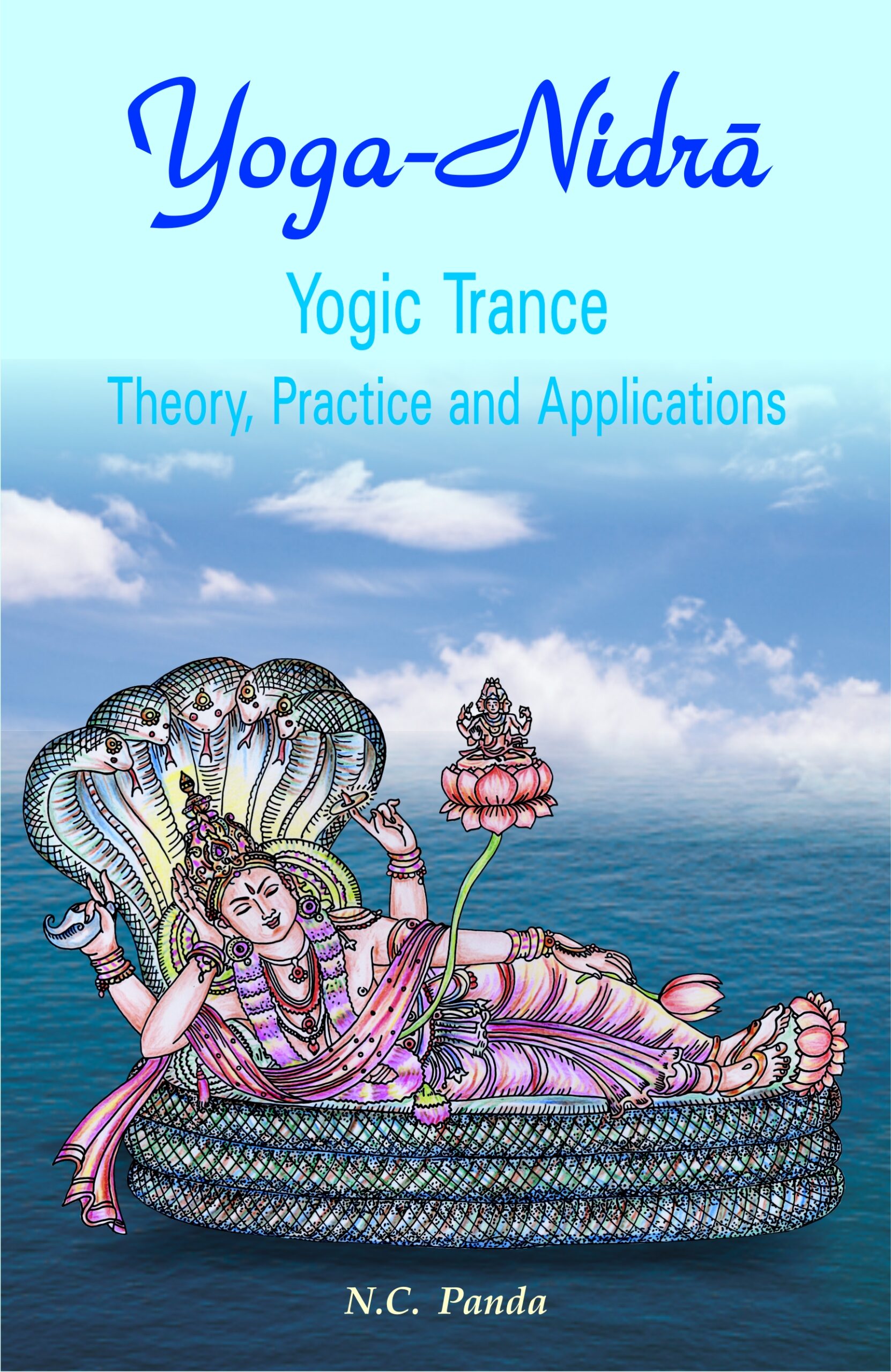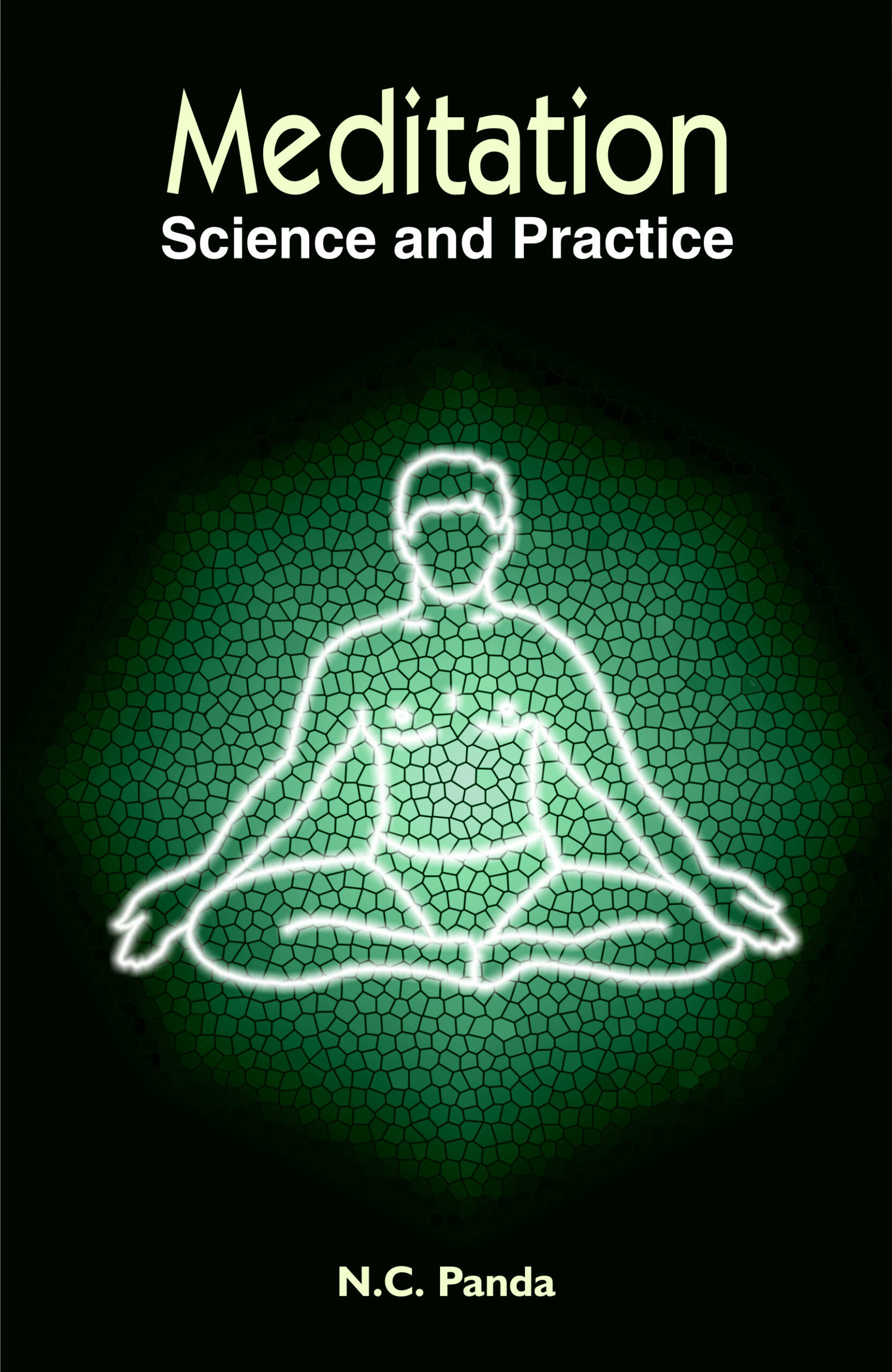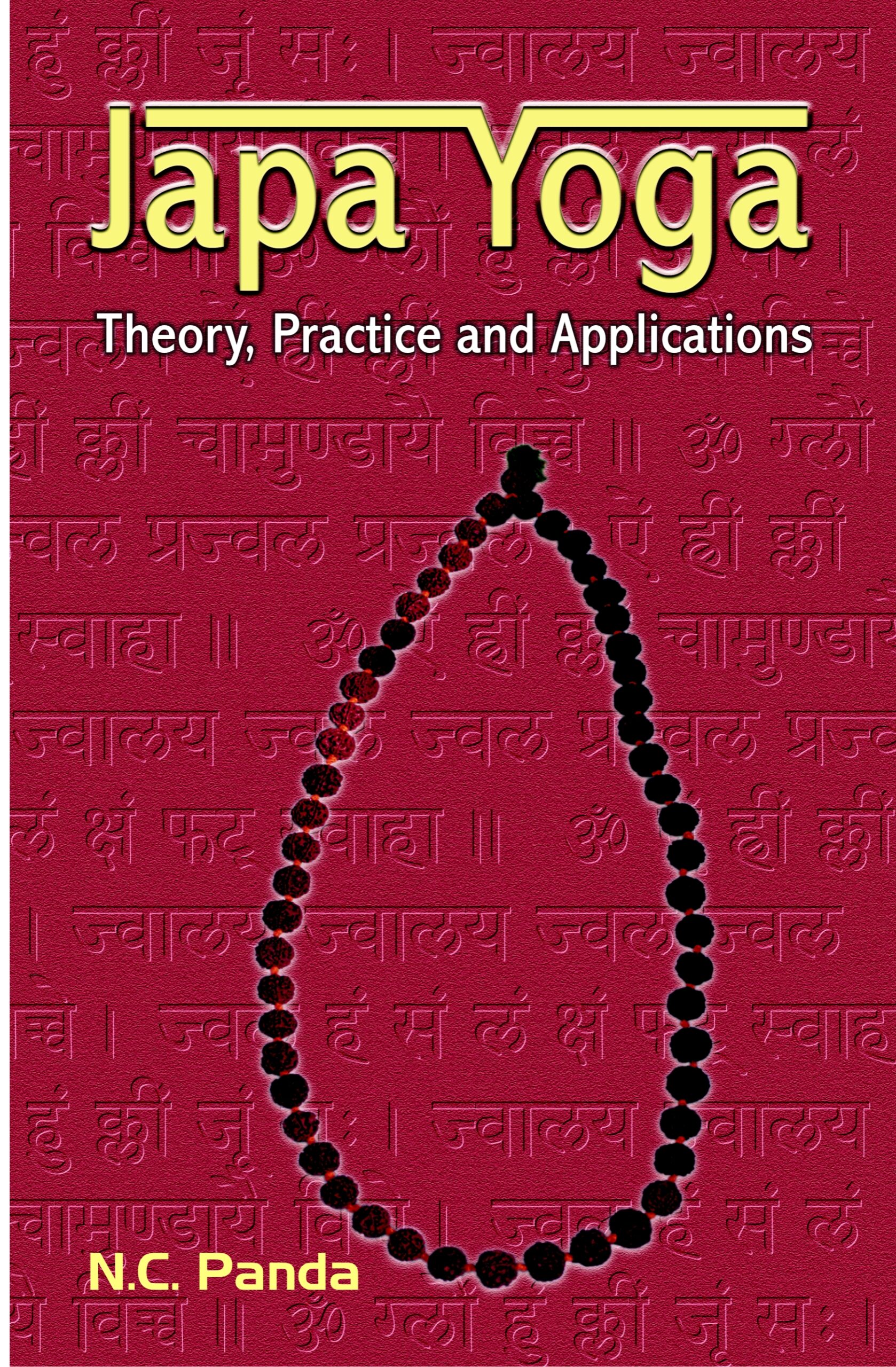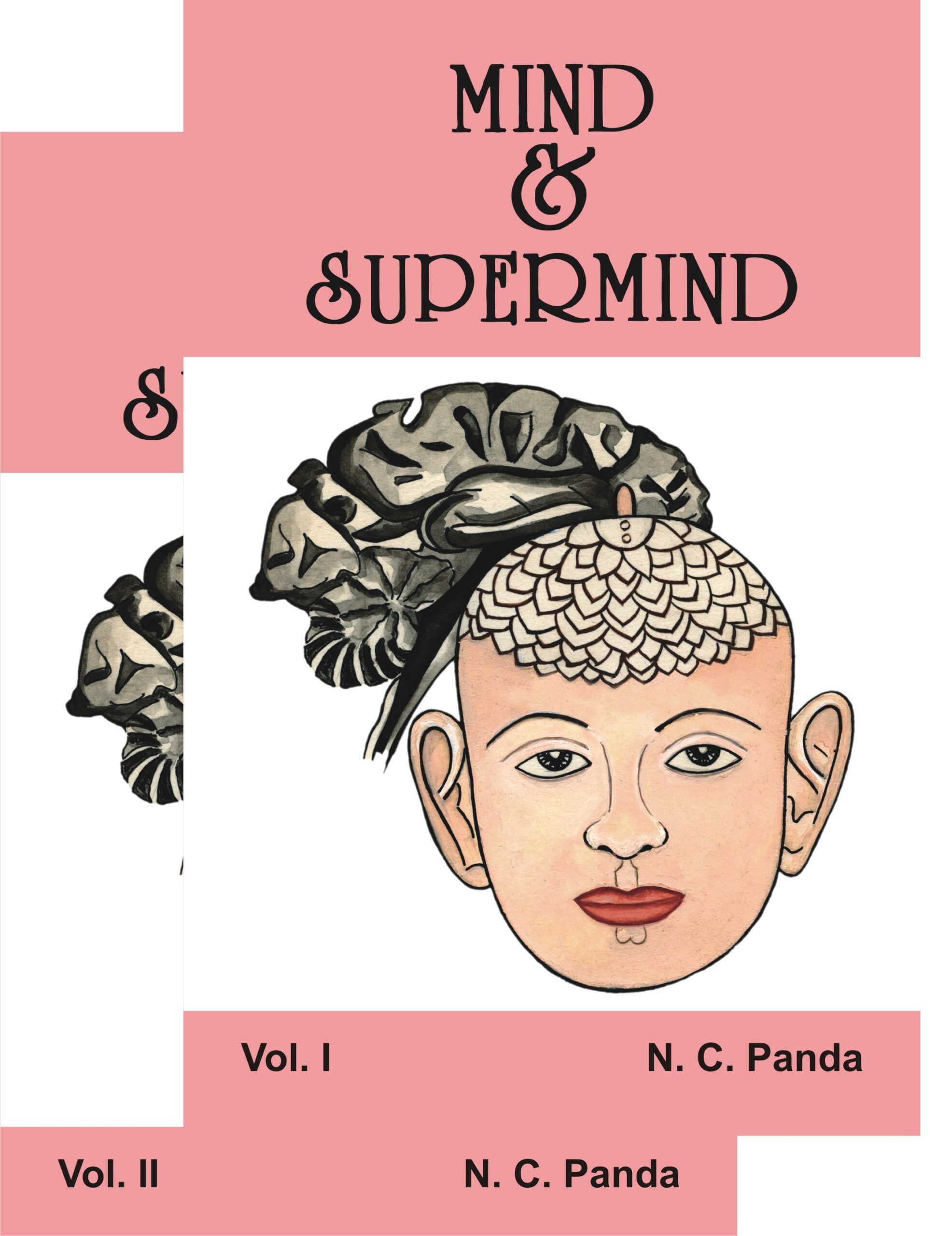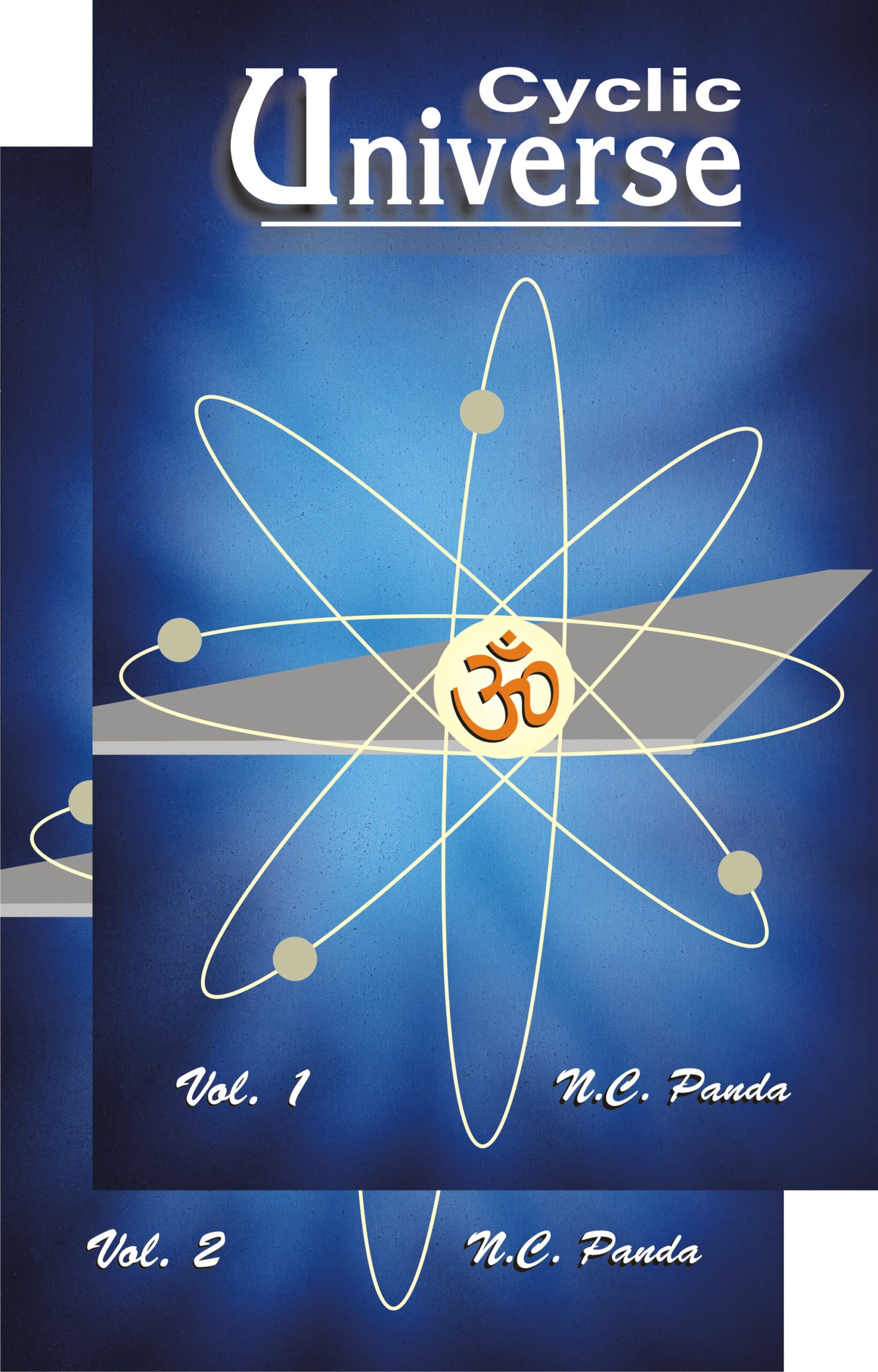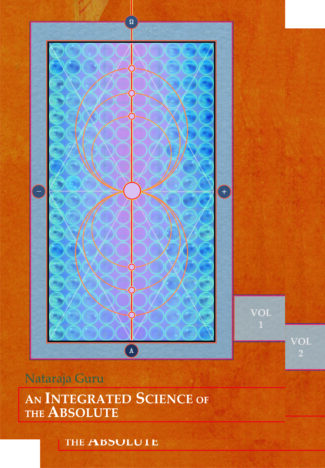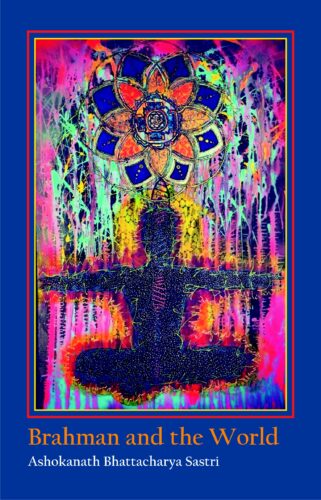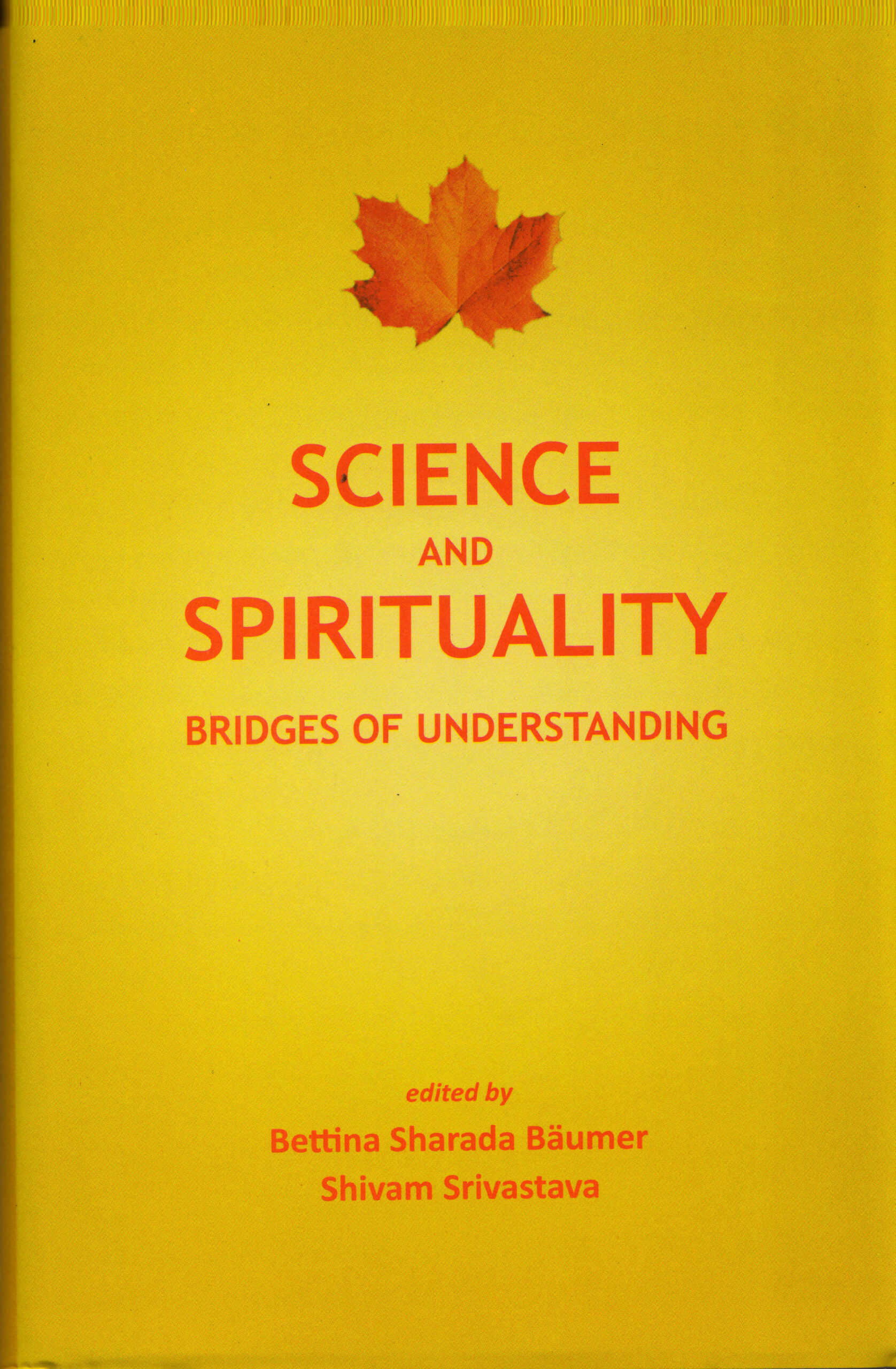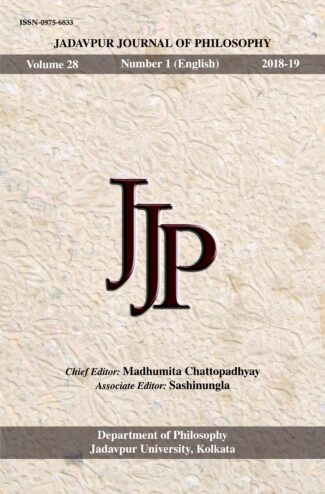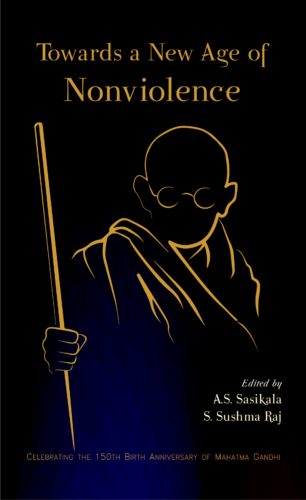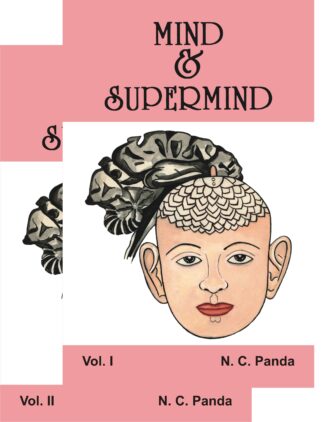

Mind and Supermind (...
Mind and Supermind (2 Vols. Set)
by: N.C. PandaThe book systematically unfolds Vedantic psychology to evolve an integrated perspective on mind and to synthesize ancient wisdom with contemporary sciences. The author also speculates on linking mind to the supermind the Brahman.
Original price was: ₹1,800.00.₹1,620.00Current price is: ₹1,620.00.
ISBN: 9788124600535
Year Of Publication: 2013
Edition: 2nd
Pages : xxxii, xv, 737
Bibliographic Details : Glossary; Bibliography; Indices
Language : English
Binding : Hardcover
Publisher: D.K. Printworld Pvt. Ltd.
Size: 23 cm.
Weight: 1200
Astonishingly rich is the heritage of Indian psychology. Embodied in some of the better-known, traditional philosophical systems, it convincingly spells out the rationale behind memory, recognition, emotions, instincts, reasoning, creativity, and myriad other mind-related phenomena, which sofar remain baffling, unanswered questions in modern cognitive sciences, mechanistic psychology and their kindred disciplines. Mind and Supermind, for the first time, systematically unfolds Vedantic psychology in its larger effort not only to evolve an integrated perspective on mind, but also to synthesize ancient wisdom with contemporary sciences. A distinguished scholar of Sanskrit, philosophy and science, Professor Panda here re-explores the nature of mind, its Indian concept and how it compares with its Western world-view: religious, philosophical, psychological, and scientific. Thus elaborating the concepts of mind as set out in the Sankhya, Yoga, Tantra, Vedanta and other orthodox systems vis-a-vis (a) philosophical perspectives: from Plato and Aristotle to Wittgenstein and Strawson, (b) psychological viewpoints of William James, Freud, Jung, Watson and others, (c) theories of modern physiologists/physicists governing brain, mind, and artificial intelligence; the author builds a solid foundation for the superstructure of parapsychological phenomena. And also speculates about the possibilities for (individual) mind to link up with the Supermind, which, in Vedantic concept, is Brahman: fundamental Consciousness that illumines everything living and non-living. Growing from years of Dr. Pandas indepth, analytical studies, the book is offered to dis-cerning audiences in two parts: Indian Perspective (Volume 1) and Western Perspective (Volume 2), with relevant illustrative material.
Vol. I
Indian Perspective
Prologue
Acknowledgements
Abbreviations
List of Figures
1. Pure Consciousness
Existence, Consciousness, and Bliss
Pre Existence and Pure Consciousness
Four Levels of Consciousness
The Cognizability of Brahman
The Self-Luminous Being
2. Induced Consciousness
Brahman, Ishvara and Jivatman
Manifestation of Upadhis
The Indwelling Spirit
The Vedantic Concept of the Mind
The Subtle Body
Psychinc Sheaths
3. The Potters Wheel
Materialists Rejection of Soul
Soul in Western Religions
Anattavada in Buddhism
Vijnanavada
Karmavada in Buddhism
Refutation of Buddhist Concepts by Vedanta
Karma and Rebirth in Advaita Vedanta
Karma and Rebirth in Sankhya
Karma and Rebirth in Yoga Philosophy
Testability of the Rebirth Concept
4. The Thinking-Substance
Sankhya Metaphysics
Yoga Metaphysics
Yoga Psychology
Citta-Vritti — Kleshas — Samskara-Pinda — Karmashaya — Memory (Smriti) — Recognition — Sleep (Nidra) — Dream (Svapna) — The Restriction of the Fluctuations of the Mind-Stuff — The Help of Ishvara for Yogic Attainments — Stabilizing and Balancing the Mind — Means of Attainment — Emotions — Instincts — Isolation (Kaivalya)
Sankhya-Yoga Versus Vedantic Yoga
5. The Serpent power
Shiva-Shakti Bipolarity
Pinda-Brahmanda
Subtle Body
The Symbology of the Cakras
Evidence for the Existence of a Subtle Body
Reals or Symbols?
The Physiology of the Cakras
Muladhara — Svadhishthana — Manipura — Anahata — Vishuddhi — Ajna
Evolutionary Tree
Meditation on the Cakras
Kundalini and Her Awakening
6. Supernormal Phenomena
Supernormal Phenomena in the Yoga
Parapsychology
PSI — Factors Conducive to PSI Results — ESP — Xenoglossy — Psychokinesis (PK) — Apparitions — OBE — NDE
Miracles and Supernaturality?
Volume II
Western Perspective
Abbreviations
List of Figures
7. The Concept of Mind in Western Religions and Philosophy
Platos Dualism
The Concept of Mind in Western Religions
The Concept of Mind in Ancient and Medieval Philosophy
Cartesian Philosophy
The Concept of Mind in Rationalism
The Concept of Mind in Empiricism
Mind in Materialism
Mind in Idealism
Psychophysical Parallelism
Epiphenomenalism
Neutral Monism
Philosophical Behaviourism of Gilbert Ryle
The Concept of Mind in Language-Analysis
Physicalism
Functionalism
Personal Identity
Summary Appraisal
8. The Concept of Mind in Psychology
Associationism
The Psychology of Wundt
Structuralism
Psychology of William James
Functionalism
Behaviourism
Gestalt Psychology
Freudian Psychoanalysis
Jungs Analytical Psychology
Nativism Versus Empiricism
Cognitive Science
Other Processes of Thinking
Summary
9. The Concept of Mind in Science
Systems within the Nervous System
Functions of the Spinal Cord
Neurons and Synapses
The Electrical Activity in a Nerve
The Macro-Structures of the Brain
The Micro-Structures of the Brain
Functions of the Brain Structures
Medulla Oblongata — Cerebellum — Limbic System — Hypothalamus — Reticular Formation — Sleep — Thalamus — Cerebral Cortex
Left and Right Brains
Brain Waves
Conscious Control of the Autonomic Nervous System
Mechanical Interpretation in Science
Artificial Intelligence
Computer Architecture — Alphanumeric Codes — Memory Devices — Hardwares of the Brain and the Computer — Can the Computer Think? — Brain Versus Computer
Brain-Mind Identity
10. Mind and Supermind
Supermind
No Universe Without a Supermind
No Organism Without a Mind
The Stationary Magnet and the Moving Coil
The Conscious, Unconscious, and Superconscious
The Holistic Existence
Cosmic Link-Up
Glossary
Bibliography
Name Index
Subject Index



